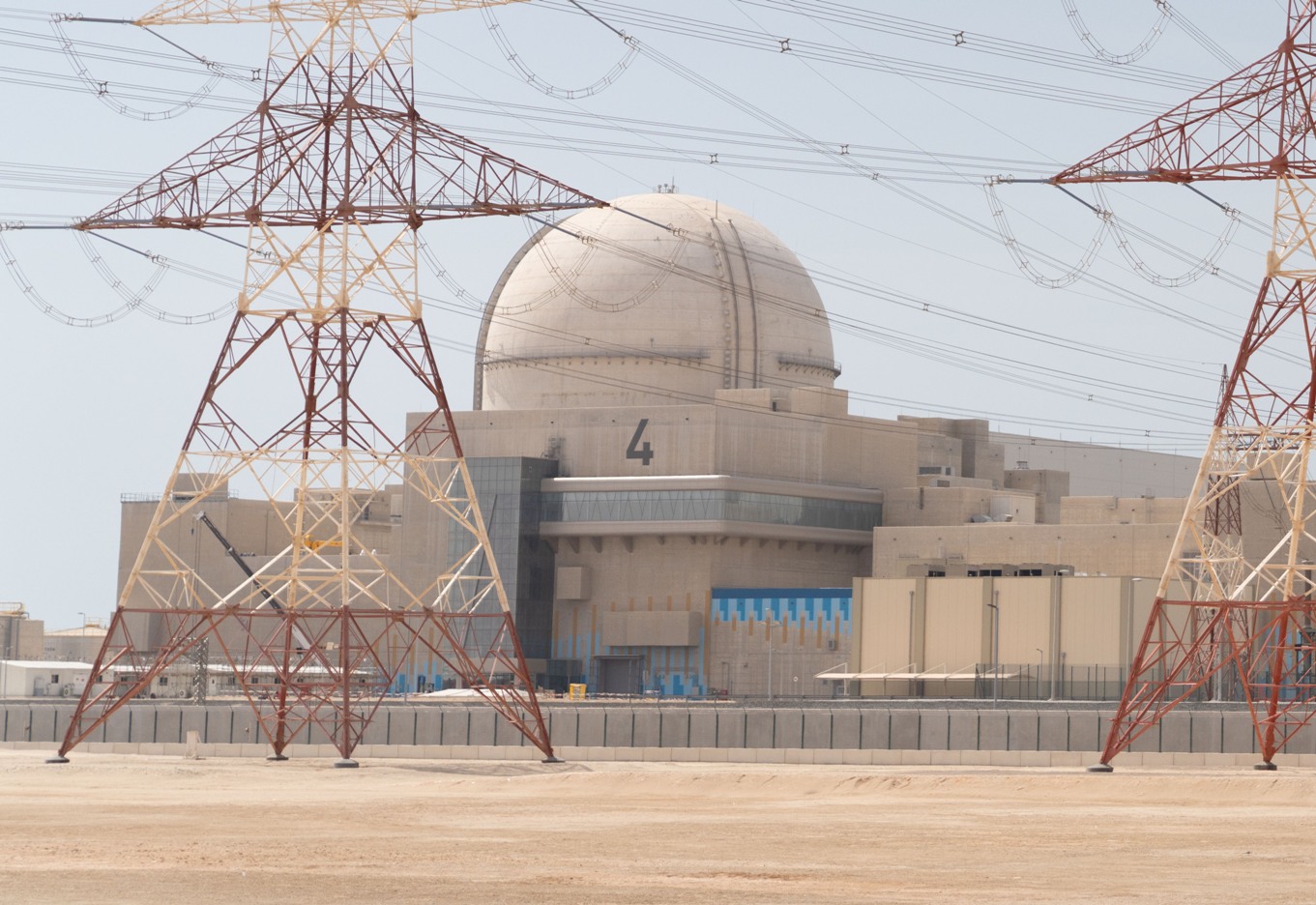Dubai, UAE – The Federal Authority for Nuclear Regulation (FANR), serving as the UAE’s independent nuclear regulatory body, has officially issued the Operating License for Unit 4 of the Barakah Nuclear Power Plant to Nawah Energy Company. The authorization, spanning 60 years, empowers Nawah to proceed with the commissioning and operation of Unit 4 situated in the Al Dhafra region of Abu Dhabi Emirate in the United Arab Emirates, reported by Emirates News Agency (WAM).
The issuance of this license culminates years of rigorous assessments and oversight conducted by FANR since the submission of the Operating License Application by Nawah back in 2017. FANR’s comprehensive evaluation encompassed thorough examinations of safety, security, and safeguards, including meticulous scrutiny of the plant’s layout, geographic location, reactor design, emergency protocols, and radioactive waste management.
Ambassador Hamad Al Kaabi, UAE Permanent Representative to the International Atomic Energy Agency (IAEA) and Deputy Chairman of the Board of Management of FANR, hailed this milestone as a historic moment, underlining the UAE’s ambitious vision realized over 15 years in establishing the region’s pioneering peaceful nuclear energy program.
The program’s success in adhering to top-notch international nuclear safety standards positions the UAE as a benchmark for nations venturing into similar energy initiatives.
This nuclear endeavor, projected to provide 25% of clean energy, aligns with the UAE government’s commitment to achieving its 2050 Net Zero Goals.
With the Operating License in hand, Nawah is poised to enter a commissioning phase, preparing for commercial operations while FANR ensures continuous oversight through round-the-clock inspections by resident and deployed inspectors.
Christer Viktorsson, Director-General of FANR, highlighted the achievement of utilizing a team predominantly comprising Emirati nuclear experts, showcasing FANR’s success in cultivating local talent to regulate the nuclear sector effectively.
Over the past decade, the UAE has welcomed 12 major peer review missions from the IAEA, validating its commitment to upholding international standards of nuclear safety, security, and non-proliferation. FANR had previously issued operating licenses for Unit 1, Unit 2, and Unit 3 of the Barakah Nuclear Power Plant in 2020, 2021, and 2022 respectively, reaffirming its commitment to regulatory oversight throughout the operation of all four units.
Transparency remains a cornerstone of the UAE’s nuclear policy, demonstrated through its adherence to international conventions and agreements, such as the IAEA’s Safeguard Agreement and Additional Protocol, as well as the Convention on Nuclear Safety, ensuring the program’s peaceful alignment with national and international laws.

